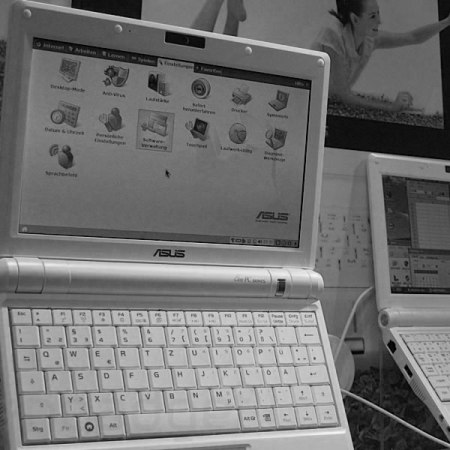A bad workman always blames his tools.
Proverb
Over on Learning with ‘e’s Steve Wheeler is talking about VLEs. He says
OK, this is my opinion, but many VLEs are not fit for purpose, and masquerade as solutions for the management of online learning.
He continues…
I have not seen a single VLE system yet that works so transparently that students think more about their learning than they do about how to make the damn VLE work. Again, I don’t blame this on the users – it’s a management and design issue.
Though I wonder is it just a management and design issue?
I don’t disagree with him entirely, as many VLEs are badly designed and usability often leaves a lot to be desired. Functionality can often be complex to set up and use. However this is often the case with a lot of online tools and services.
So what’s the alternative?
Don’t compare VLEs with the way you want it to be compare it to not having a VLE.
Think of a VLE as a journey rather than a destination for online learning.
I look at the way our learners use the VLE to enhance and enrich their learning. Is it perfect? Of course not! Could it be better? Yes! Are they fit for purpose, well depends on who designs that purpose, but no they’re probably not. Are they getting there? Maybe!
However compared to the situation five years ago when we didn’t have a VLE, it has enhanced the learning experience of our learners.
Using a VLE does not preclude you using other web based tools, it can be the cayalyst. With RSS it is possible to use the VLE as a focus for other web based services.
The problem with VLEs is that often it is not just the VLE which is the problem.
The VLE is ONLY a tool.
Even with a blunt chisel it is possible to create a beautiful sculpture.

In teaching, you can create learning without a classroom, you can be outside on the grass, in a coffee shop. The environment is only one part of the experience; is it the most important part? I think not.
When learners and teachers complain about the VLE, are they genuine complaints about usability and functionality? Or are they just excuses for not using a tool as they don’t want to use it or learn how to use it.
If we just use VLEs as a repository of materials, why is that the fault of the VLE, isn’t that more of an indicator of how most people teach? Lectures with handouts are the physical manifestation of the virtual repository.
If web tools are so fantastic and so much better than VLEs, why isn’t everyone using them all the time?
The problem is that it is easy to focus on the problems with the tools we use and harder to focus on the problems with the people who need to use these tools.
Photo source.






